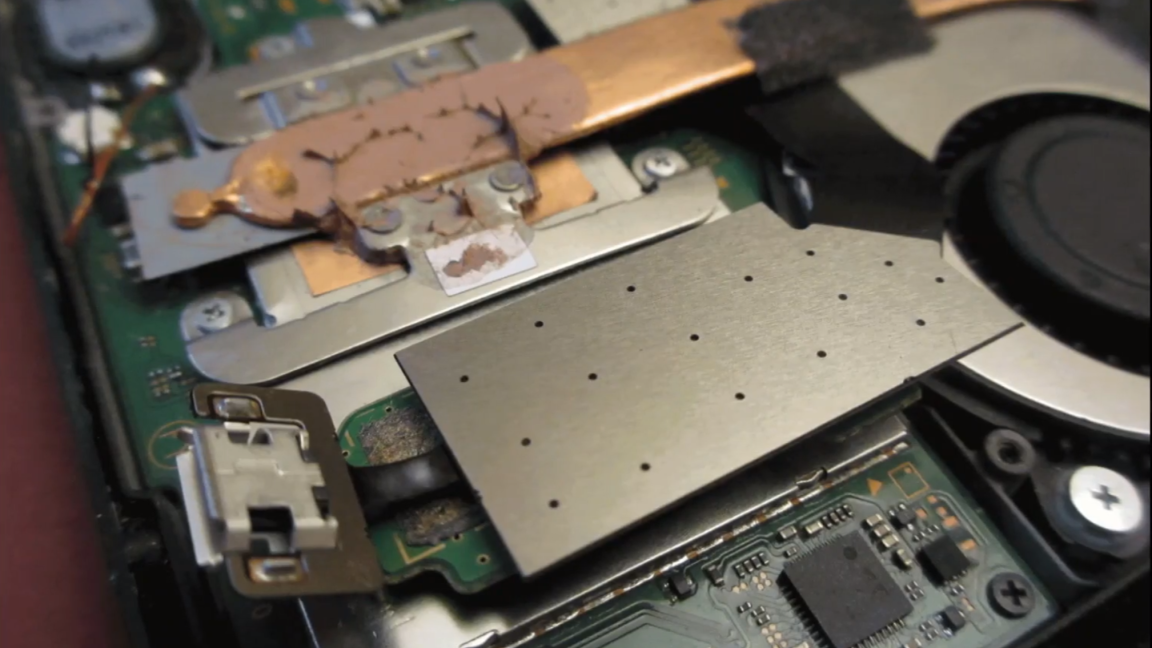One might wonder about the ratio of Nintendo’s legal budget to actual piracy losses.
Having been a college student back in the days of Napster (and ignoring the complete dearth at the time in physical stores of the sorts of music I was getting into), $20 CDs with one good track were not a value proposition. So when I downloaded a track, there was zero actual financial hit to whatever label or the RIAA … it’s a sale that never would have happened. You didn’t lose money; you gained exposure.
My last console was an SNES, so I have no horse in this race. But being actively hostile to your customers generally ends poorly.
As a grown-ass adult, I’ve spent more than $2,000 on music on Beatport, mostly $1.29 at a time replacing the stuff I pirated for better-quality versions.
When you have to take away rights that used to be guaranteed by the first-sale doctrine, it’s likely a sign there’s something wrong with your business model moreso than users causing so much chaos (and profit loss) that you have no choice.
This isn’t some fly-by-night AI toaster company that’ll shut down services in a year and leave you fucked. It’s Nintendo. They’re going to survive just fine.



Banning is fine, we’re talking about remote bricking. If I hack my Xbox, I’m fine with not being allowed to use it to join msft’s network, but I am not fine with them identifying my hacked device over the internet and actively sending some sort of backdoor self-destruct instruction to it. To me that’s a violation of the CFAA.
Ah.
Yes.
That… is a little bit more insane.
Welp.
You do realise that long ago MSFT switched from being a desktop software company to cloud and telemetry, right? Win10 and Win11 were free, and Azure isn’t exactly driving them into the ground.
Are you responding to the comment you think you’re responding to?
Yeah, I was.
Ah ok hah, was just confused by the fact that it doesn’t seem relevant at all.